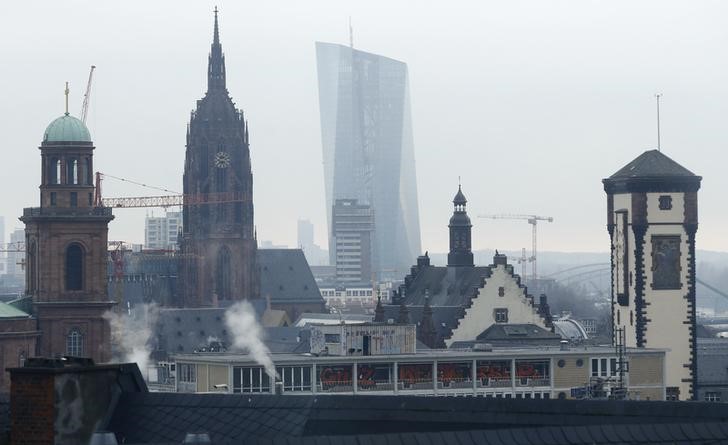By Scott Kanowsky
Investing.com -- Headline inflation in the Eurozone eased by more than anticipated in March, according to preliminary data on Friday, but core prices accelerated in a sign that the European Central Bank faces lingering price pressures in the region.
Figures from Eurostat showed that consumer prices in the currency area rose by 6.9% on an annualized basis, slowing from an increase of 8.5% in February. Economists had predicted the number would come in at 7.1%.
It was the biggest fall since Eurostat began keeping track of the data in 1991.
Undergirding the dip were energy prices, which declined for the first time since February 2021, possibly indicating that the impact of these costs is starting to wane as a once-feared winter season in Europe comes to an end.
However, month-on-month prices inched up by 0.9% from 0.8% in the previous period. Estimates had seen the reading remaining at its February level.
Meanwhile, harmonized monthly core inflation, a gauge used to judge underlying trends that strip out volatile items like food and energy, also ramped up to 1.2% from 0.9%, above projections of 0.8%. Annually, core prices accelerated by 7.5%, in line with expectations but slightly above February's mark of 7.4%.
"Because it was so widely known that energy inflation would drop like a stone, the bigger concerns remain around the other components. This is where a lot more work needs to be done," analysts at ING said in a note following the release of the data.
The ING analysts added that "stickier" core inflation will remain a concern for the ECB, and potentially persuade policymakers to raise interest rates in the near term. Earlier this month, the central bank did not commit to hiking borrowing costs further, noting that much will depend on the evolution of recent turmoil in the banking sector.
